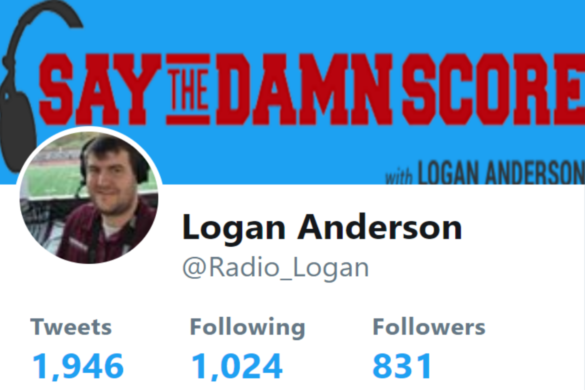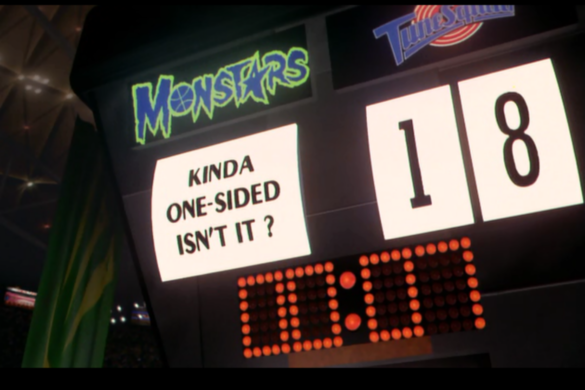Small market play-by-play broadcasters have to wear many different hats. You may have to sell ad space, report on the news and weather, or play music for the masses. If you work at a station with multiple sportscasters, sometimes that means putting on the analyst headset for somebody else’s play-by-play. When you’re used to driving the bus, sitting in the proverbial passenger seat can be a difficult adjustment. Here are several pointers from my experience when you are required to switch roles and serve as an analyst.
- Don’t Do Play-By-Play: This may seem obvious, but it’s easy to forget your role. This is the only situation you will ever hear me say this, but don’t say the damn score! Don’t give down distance or yard line. This isn’t your job! It sounds weird to the listener to hear that basic information from two different voices. If they play-by-play guy isn’t doing a good job of doing this, write a note or tell him during a break. Nothing throws me off as a play-by-play guy as much as an analyst saying the score at the end of their point when I was getting ready to give the same information. Let the play-by-play guy do his job and know what your role is as an analyst.
- Be Concise: We have all had analysts who get overly wordy and make it difficult to set the situation. I personally find this extremely irritating! An analyst talking to much usually becomes two broadcasters talking over each other, and this is bad for the listener! This piggybacks on the last point of knowing your role and making things as easy as possible for the play-by-play guy.
- Watch Away From The Ball: If a play-by-play guy is doing his job, it should be pretty obvious what happened with the people in direct contact with the ball. As an analyst you can complement the play-by-play broadcaster by making observations of what happens away from the ball. Watch the line play in football. Watch for movement away from the ball in basketball. If you follow the ball as an analyst you end up repeating the same thing the play-by-play guy says. If you look away from the ball you fill in the gaps for the listener and make the broadcast better.
- Don’t Pretend To Know More Than You Know: I generally try to avoid being a color analyst for football because I didn’t play past 8th grade and don’t have more than an invested fan’s knowledge of the game. When I am put in a situation where I have to be an analyst, I stay in my lane. I don’t speculate on x’s and o’s or question officials. It may not be the most compelling radio ever, but it’s not worth it to risk your credibility by making comments above your level of expertise.
- Be Prepared: When I was in Boy Scouts as a child, our troop motto was “Be prepared”. That’s more or less the same motto of every sportscaster. As an analyst filling in on a local high school or small college broadcast you don’t have to memorize rosters or have notes on every player like you do as a play-by-play broadcaster. However, you should absolutely have a strong grasp of the storylines involved with that night’s game. You should also have a grasp of who the key players are, especially at skill positions.
Being versatile as a small market broadcaster is key. Sometimes that means leaving your comfort zone and being the analyst for someone else’s broadcast. In fact, that’s how both Wyatt Thompson, the voice of the Kansas State Wildcats and Steve Cotton, the voice of Marshall University got their start broadcasting at the NCAA DI level!
Let me know in the comment section if you find these tips valuable or if you have anything to add to the list of suggestions.











4 Comments
Don’t step on the play by play person. Nobody wants to hear two voices at once. As an analyst less is more.
So very true Rob!
Along those same lines, do not step on a big play. It doesn’t matter if it’s a 50 yd bomb with no time left, let the PxP guy call the entire play uninterrupted.
Great call TJ, that is also very important!